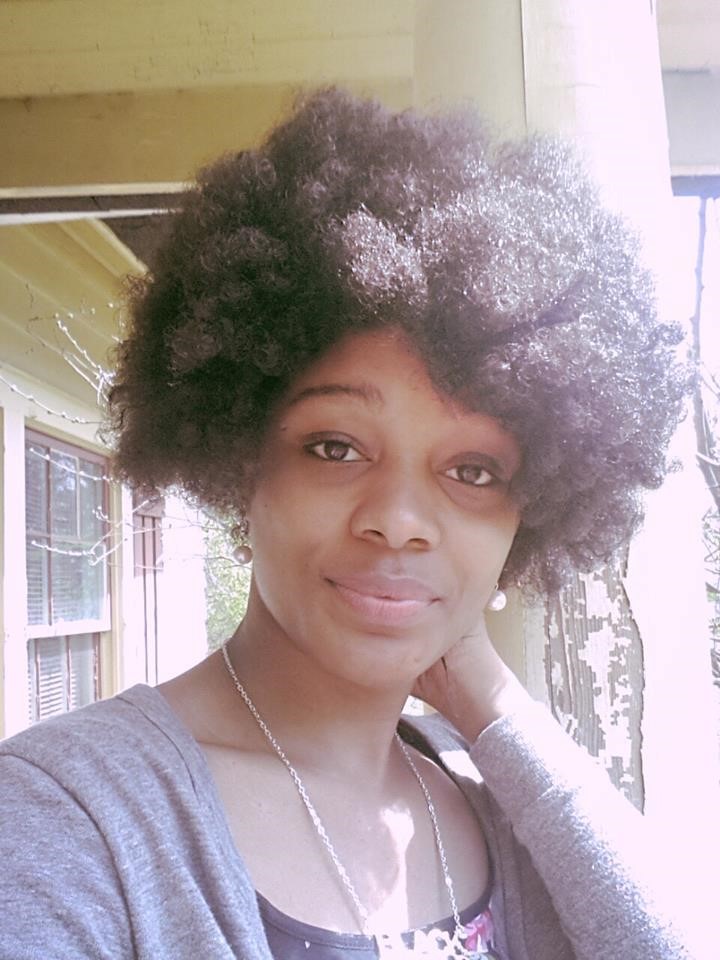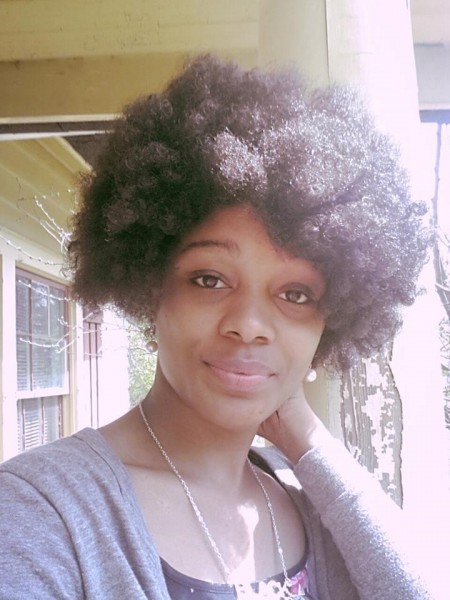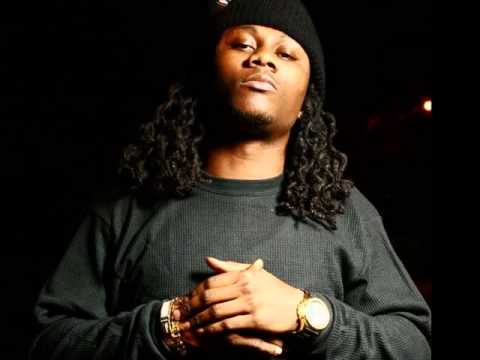Nappy, short, long, curly, bald, wavy, natural; these are some of the many words people use to describe their hair. Remember back when India Arie said “I Am Not Hair?” It seems as if over time, that quote has proven to be false. Most people whether they’re Black, White, Asian or Hispanic, male or female values their hair. It’s a way of expressing themselves, it’s a form of art. Despite what India Arie said about eight years ago, they are their hair.
“My hair matters and I love my hair. I believe hair matters to everyone; mainly women. I believe to some of us, hair is a contributor to self-definition, but to others, hair is a contributor to society’s acceptance of women. Sadly, some women add on extensions etc., because of the absence of acceptance of their type of hair,” this is what Brikayla Hardy had regarding her opinion on hair. She believes natural hair on certain women represents self-love. “Some Native American and African American women were oppressed because of our hair. I believe natural styles for some minority women represents rebellion and self-love.” India Arie would most likely agree with Hardy. To refresh some memories in her song she also said; “Good hair means curls and waves. Bad hair means you look like a slave. At the turn of the century it’s time for us to redefine who we be. You can shave it off like a South African beauty or get in on lock like Bob Marley. You can rock it straight like Oprah Winfrey. If it’s not what’s on your head it’s what’s underneath and say hey…” It should be true what India Arie is saying, but the truth of the matter is to live up to a certain standard in society, your hair plays a huge role. In the black community, women often take their hair to the extreme by adding various colors and unique styles.
In more recent years it isn’t rare to see a woman using her hair as an art canvas and using it as a way of expressing herself. Is this their prerogative? Yes. Will she be judged for that? Yes. Joselyn Ellington knows the workforce is judgmental, so she choose her hairstyles carefully. “I think hair matters a lot, especially in the work force. I didn’t take a risk wearing kinky twists when I first began my job (Massage Envy) because I did not want people to think I was ghetto.” In other words, a woman with bright hair colors and unique and/or will hairstyles won’t last in the workforce. No one wants someone like that representing their company, even if their hair is a form of art. Ms. Ellington agree; “In the work place, and in a professional setting I think big colorful weaves get you treated with less respect. I would not hire a lawyer with big, colorful weaves, it’s just not professional.” This can go for any race; more recently women of several different ethnicities wear weaves and bright colors in their hair. No one can say for sure if these women are expressing themselves or if their mocking someone whom they admire hairstyle. Despite their reasons for wearing these styles, society will still most likely judge them.
To some people like Sareena Mitchell, hair is just another stereotypical where people can judge one another. “People judge, and this whole ‘I’m natural so I’m better than you,’ thing is annoying. I use to be natural and I changed my mind, as I’m entitled to do so, but people act like we have to pick I can be natural one day relaxed the next.” Mitchell is correct, natural hairstyles became popular again a few years ago and it’s very common on college campuses. There is no doubt that women with natural hairstyles are beautiful and many of them use that as a way of embracing their culture and ancestors. That does not give them a reason to judge or look down upon those women who choose to get perms, sew-ins, braids or any other hairstyle involving weave. Hardy, who is natural and expressed how much she loves her natural hair, still choose to wear weave. “I love my natural hair, but my plaits are convenient because straightening my baby takes up a lot of time, I workout, and I’m always on the go.”
Both Hardy and Mitchell believes hair is just something else people get stereotypically judged on. Mitchell says “I think hair in the black community has always been a big thing natural vs relaxed is almost like; ‘light skin dark skin’ just another way to oppress and separate us as a community we always want to pick sides.” As far as Hardy and feelings toward hair, well let’s just say she doesn’t judge women with weave, but chances of seeing her with extensions are slim to none. “My job is not to judge other people, but I have my own limitations of extensions in reference to my personal opinion. I believe hair can be art! I’ve seen it, and to each their own, you know? My hair (plaits or natural curly afro) are a part of who I am, and I wouldn’t want another coarse of hair ever.”
By: LaQuesha Williams, contributing writer for STACKS Magazine




